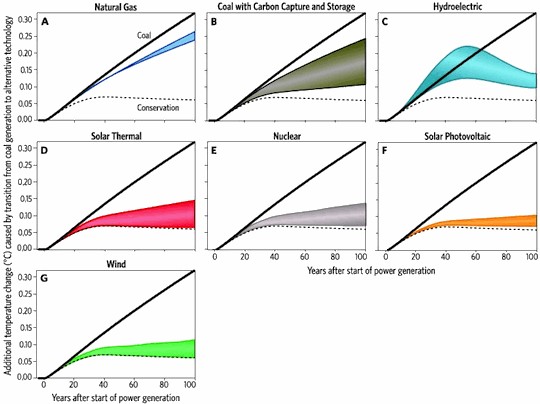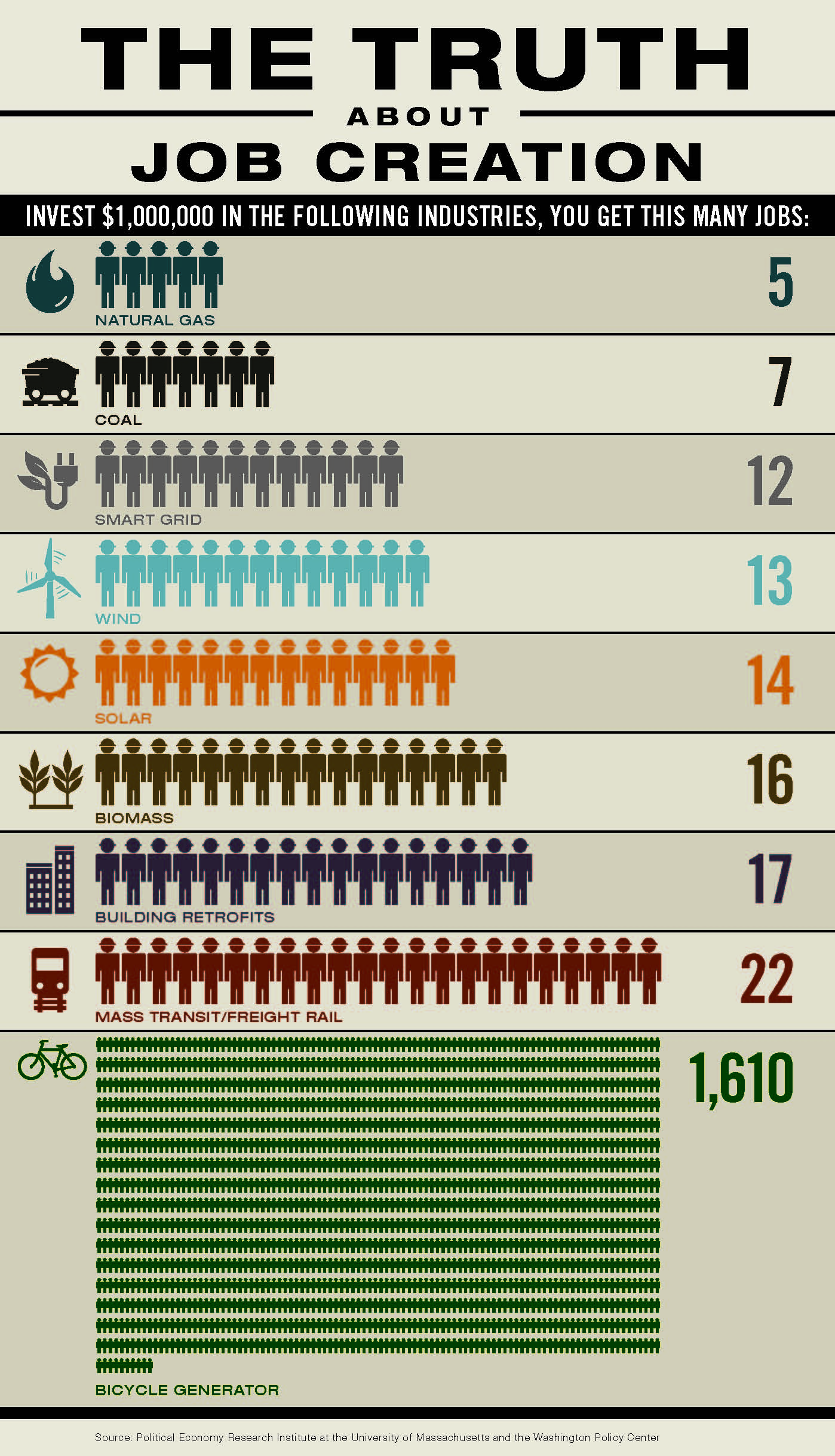Solar power is growing like warts on a troll these days. If it were a disease, we’d have a full-blown epidemic. From $0-down leases to $0-down solar loans, there are easy ways to go solar these days. Even your grandmother can do it. But what are the actual pros and cons of solar power these days? Do the pros outweigh the cons? Is solar power worth it?
The simple answer is that it depends on many unique details regarding your home or business, your electricity usage, your utility’s and state’s programs and policies, and the solar resources available to you. Without the benefit of having that info for each of you, though, it may still be useful for me to run down the various generic advantages and disadvantages of solar power, so that’s what I’ll do here. Trying to be as comprehensive as possible, below are just about all of the solar power pros and cons I can think of.
Solar Power Pros
$ savings: As I said above, whether or not solar power will save you money, and how much it will save you, depends on a lot of factors specific to your situation. That said, if you have an unshaded roof that can host solar panels, there’s a high likelihood that solar power will save you tens of thousands of dollars over their lifetime.
Some might not care whether an investment saves them tens of thousands of dollars over two or three decades, but may care more about how fast the investment offers a return, what the ROI is. In many places, solar offers a very attractive ROI, but perhaps more importantly, you can often go solar through a lease, power purchase agreement, or loan these days, meaning that you can be saving money from the first month, but simply not saving as much over the long run. So, whether you are looking to maximize your return or simply start saving as soon as possible, solar power very likely offers exactly what you want.
On a broader, society level, solar power is a commonsense financial decision these days. The public health, climate, and environmental savings from using solar instead of fossil fuels are huge, and even if you didn’t include those, solar is now cheaper than fossil fuels in a number of places anyway.
If you just care about money, or assume that this is the ultimate bottom line, then this solar power pro should have you sold already, so you can stop reading now. 😀
Protects our climate, air, and water: In the end, it really doesn’t matter how much money you have if you don’t have a livable climate, clean air, or clean water. And the scientific consensus is very clear by now: we need to cut carbon emissions drastically in order to protect our climate and this society, and solar power is a key way to do so. Similarly, solar power and wind power offer the most logical and cost-effective ways to cut pollution from electricity generation and also preserve our limited freshwater resources.
Boosts grid security: Again, on a broader level, a solar power pro is that it improves grid security. Whether through a terrorist attack or extreme weather, if a large power plant or a couple are knocked out in a grid without much distributed generation or energy storage, the whole grid can be compromised and have a blackout. The more distributed, small-scale solar power is on the grid, the more balance and resiliency the grid has.
Provides energy reliability: Similarly but also a bit different, solar offers energy reliability. We know the sun will rise tomorrow, and the next day, and the next day, etc. Nothing compares to solar when talking about energy potential. In the chart below, note that the renewable energy circles are representing annual energy potential, while the fossil fuel and nuclear energy circles are representing total known reserves.
Provides energy independence: Relying on other countries or regions for your energy resources comes with risk, and also sometimes absurd cost. One big solar power pro is that solar resources are local. Once you have the solar panels, you don’t have to worry about much for decades. This energy independence is a big pro that it seems “conservatives” especially should get behind, but really, it’s something we should all value a great deal — on the societal and the personal level.
Solar = jobs: If solar and coal were absolutely equal on costs (all externalities included), solar would still be a better economic choice for society. Why? With coal (or natural gas or nuclear), much of the cost comes from the fuel, with the financial boon of selling that fuel largely going to the heads of large corporations. With solar, much more of the cost comes from the labor (used to produce the panels and install them), so more of the money spent on solar goes to a broad network of middle-class workers. By just about all standards, this results in a healthier economy and society.
Putting it in other words, $1,000 invested in solar power results in twice as many jobs as $1,000 invested in coal power, and nearly 3 times more jobs as $1,000 invested in natural gas. If you want jobs in your society, you should support solar power (and wind power, biomass, energy efficiency, mass transit, and bicycling).
Solar Power Cons
On to solar power cons…. Actually, it’s really hard to think of legitimate solar power cons. Though, there might be a few.
One is that wind power is often a cheaper option for electricity generation than solar power, so rather than blindly supporting or installing solar power over wind power, one should examine both options. Of course, no grid should rely 100% on one energy source, and wind and solar are actually very complementary. So, more than competing, solar and wind are most logically partners that should jointly be used to move into a clean energy future.
Another potential solar power con is that the sun doesn’t shine 24/7. If it did, yeah, we could just rely on solar power for all of our electricity needs in many places. Since it doesn’t, again, we need a mix of clean energy solutions, and even energy storage to a small extent. But limited solar resources don’t mean solar isn’t the best option for many people, businesses, organizations, and governments. And, remember, solar energy resources dwarf all other energy resources on the planet.
The biggest challenge with the timing of solar energy potential is that a lot of electricity is needed (or wanted) in the evening and early night, when solar resources dwindle away. This makes the importance of a mixed energy pie that much more important.





I used to have big problem finding effective ways to build my solar panels and maximizing my solar power.But I am getting better result now, after I stumbled upon this excellent guide I found HERE
( http://homemade-solar-panels.weebly.com ) . It was a godsend. It gave me great Solar Panel tips and showed me what I was doing wrong before.
In New England, it could be a pro for savings. Maine could save about $900 on electric bills over the course of a year just by switching to solar power. This article can help explain it more in depth: http://blog.morethanwheels.info/2016/04/20/you-need-to-know-changes-in-solar-power/
On the con side, while the solar cells will last 25yrs with little maintenance, the inverter used to convert solar to usable power is not so long living. My first one went out after only 6yrs and these are not cheap to replace. My replacement put me back over 2K.
I still love me system but people need to be aware this there are costs in upkeep.
Many providers, like SolarCIty for instance< will cover the cost of the inverter replacement. Need to look into each companies offering.
On “Con” side you can’t ignore the issue of recycling/disposal of photoelectric panels and backup batteries, and the sustainability of battery maunfacture. Assuming that these technologies continue exponential growth, this will be a very big problem.
Concentrated solar is more viable with regard to sustainability, but not so readily distributed.